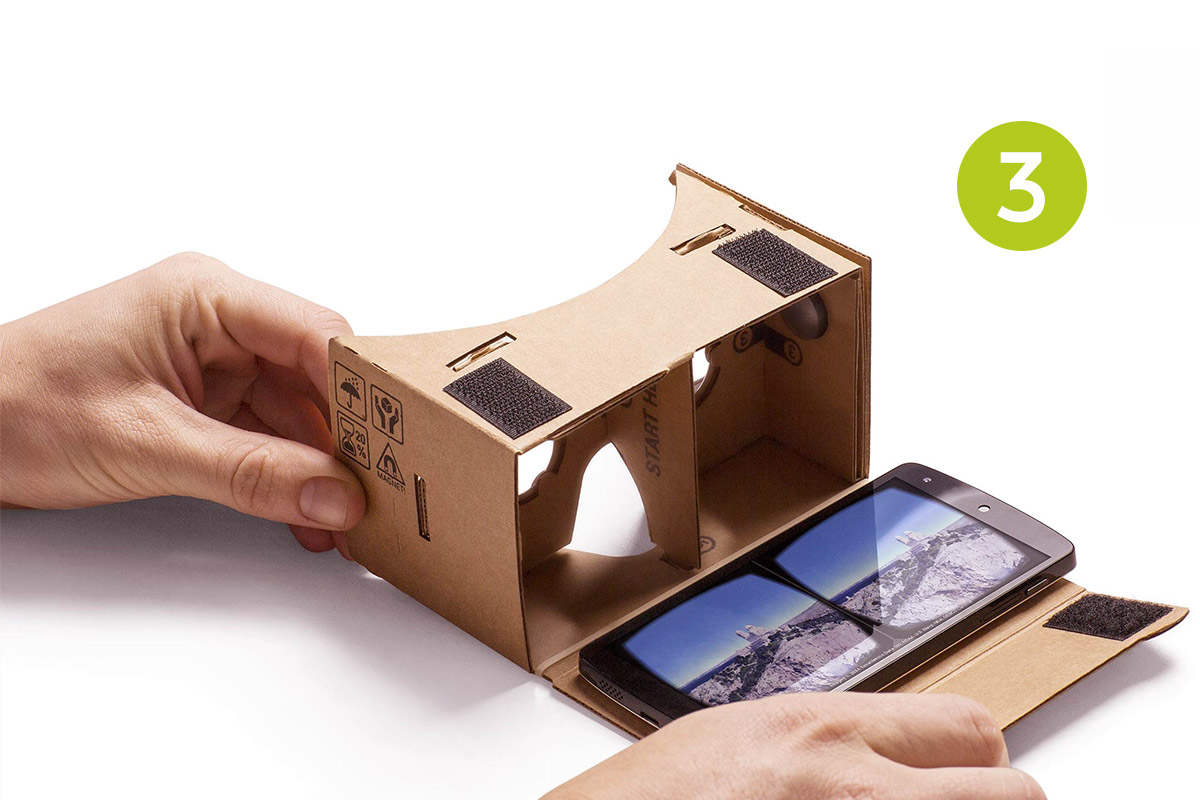Let’s take a look on some of the main trends for 2017.
My favorite: Virtual reality. Virtual reality already has been adopted in many industries but we should see mass adoption this year. Some say 2017 will be come the year of the Virtual Experience Economy.
A virtual experience where people can interact is quite appealing to consumers. Digital experiences may reach a weight status of physical experiences.
It is attractive because location, accessibility, personal capability are no longer a factor. Only the scarcity of time can play a role here.
Here are a few ways VR is being used:
- For example, it can be used in therapy to help overcome fear.
- The group ABBA just announced a virtual “tour” using VR in 2018 where a whole new generation will be able to experience their music.
- Alibaba’s shopping platform has BUY + during its “one day” event where it offers VR. People can be transported to Macy’s New York to shop. In 2016 the platform made USD 17.8 billion of transactions in a single day (by contrast, the entire US retail market’s 2015 Black Friday takings were estimated at USD 10 billion, online and offline.

- Google Expeditions: now in eleven countries. There are more than 200 virtual trips available to such destinations as Buckingham Palace and the Great Barrier Reef.
- For teaching languages, it has already shown that it is very useful. Progress is being made in environments to get to be collaborative, and then we will be able to get connected to many learners in the same virtual space
- When learning via virtual reality, learners can do things which are not possible (or practical) in the real world. This means that new types of learning environments become available: you can take a course which involves working in dangerous or high-risk scenarios, such as working with hazardous waste, working in an operating theatre, or even learning how to dispose of a bomb.
- At the Sundance Film Festival, Merrell, an outdoor apparel brand, set up an experience where users could go trekking up and across treacherous mountain sides, while wearing their hiking shoes, of course.
VR is not only a new way to experience things but also a new way of communication. There is a very small learning curve and the glasses are affordable so adoption should be fast.
Now the question is, from consulting to a supermarket, in how many ways could you use virtual reality in your business?

